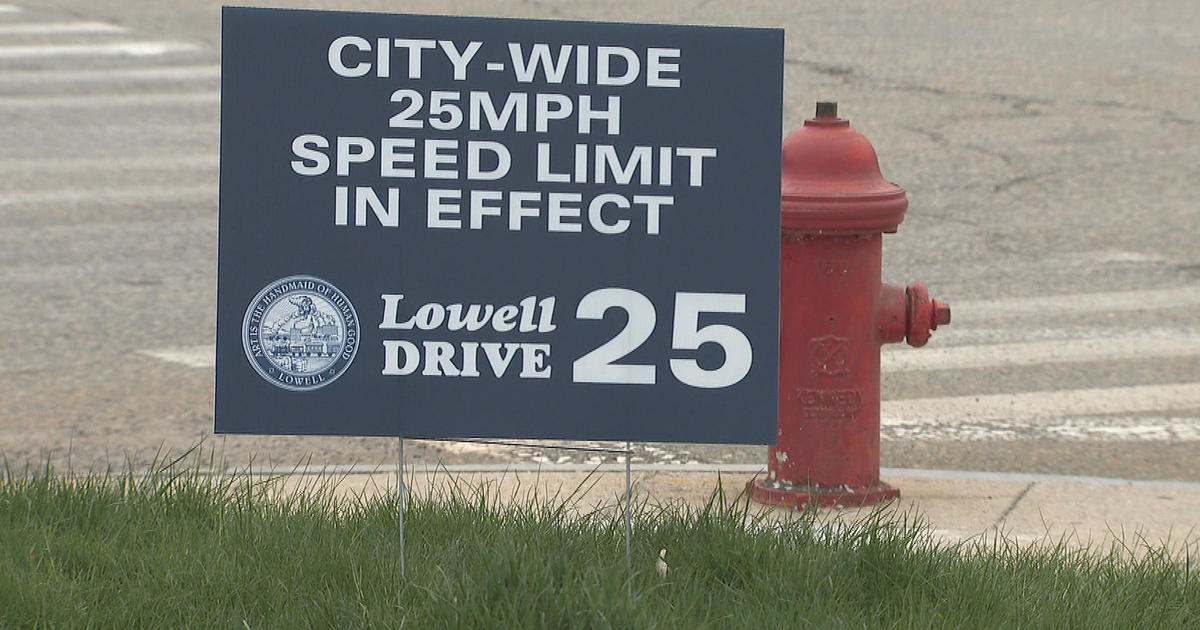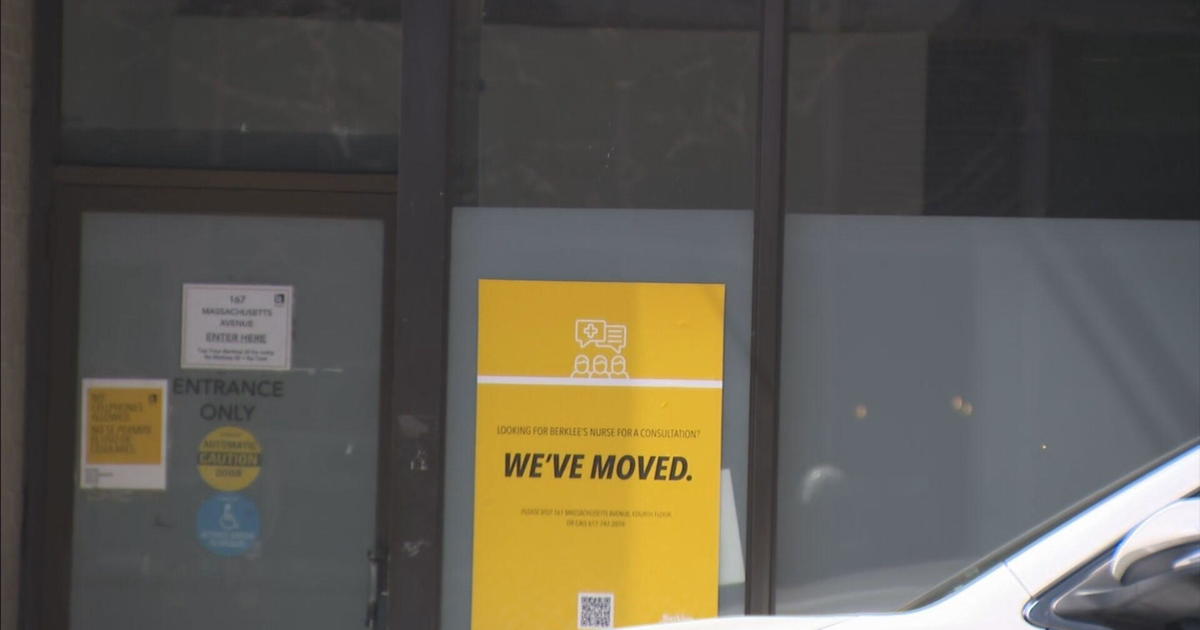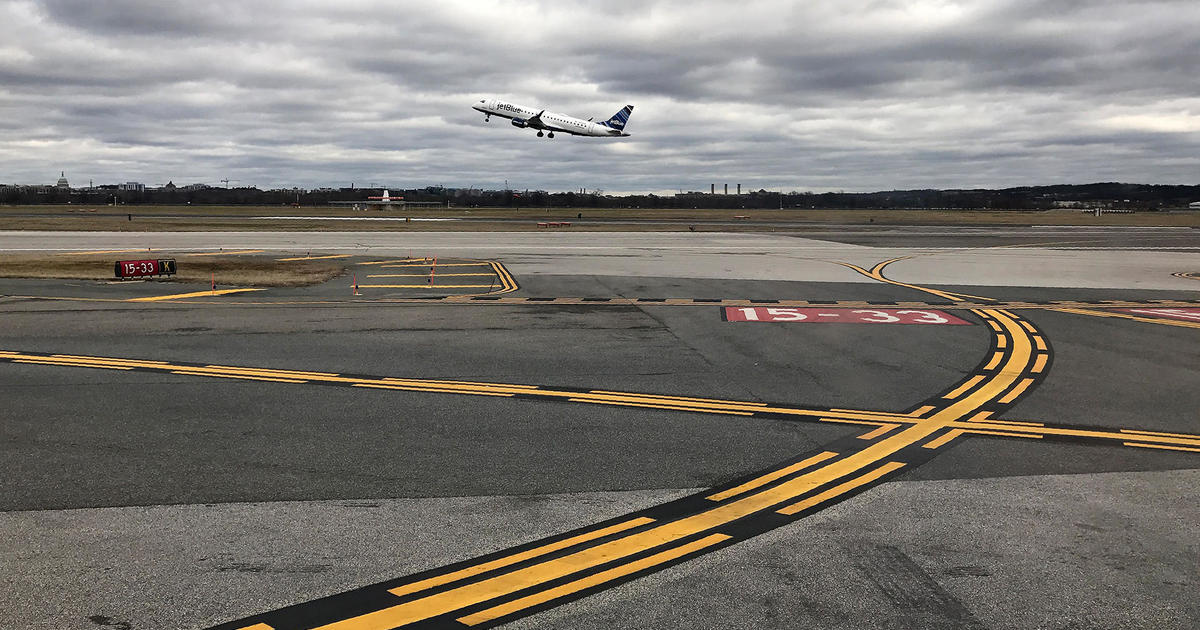'Buyer Beware': Experts Question Accuracy Of Coronavirus Antibody Tests
BOSTON (CBS) - With cases of COVID-19 spiking again in several states, a lot of people want to know if they could be immune to the coronavirus, so they are paying for antibody tests. Hundreds of these have hit the market in just months. But are they accurate? WBZ sister station CBS 2 in Chicago, put these tests to the test.
Only 22 have been given Emergency Use Authorization by the U.S. Food and Drug Administration. The station's investigative unit chose three tests based on costs and how long it would take to deliver results. Investigative Producer Michele Youngerman led our investigation. She had some of the symptoms of COVID-19.
"I was sick about the middle of March," said Youngerman. "I had headache, fever, and loss of smell."
She first tested the Vibrant test. It cost $225. The result was negative for a recent infection. Negative for an older infection. No antibodies.
A week later she had the Rapid Hangzhou antibody test costing $75. Unlike the other tests, this was a finger prick blood draw. The result was positive for a recent infection. Negative for an older one. And positive for antibodies.
The third test was the Abbott test, which was covered by insurance. The result was negative for a recent infection. Positive for an older one, and positive for antibodies.
"We have to take each of these results with some precaution," explained Dr. Philip Norris, an infectious disease expert from San Francisco, California.
Especially the two positives, he says. The Abbott test was the only one that revealed the level of antibodies in the blood. In Youngerman's case the levels were low, and combined with the prior negative test, it led Norris to conclude this about the Abbott test, "I think most likely that's a false positive."
Norris also questioned the results of the Rapid Hangzhou Biotest Biotech test.
"The trouble with rapid tests is they tend to have higher background, so you're more likely to get a false positive," said Norris. That means the test can pick up antibodies from another coronavirus, like the common cold.
That leaves the Vibrant test, which was negative, and questions about whether that was it correct.
"Well you're asking me, was Michele infected or not," said Norris. "And the answer is – maybe. I do think it is buyer beware."
Congressman Raja Krishnamoorthi agrees with Norris. "The vast majority are junk tests," said Krishnamoorthi, who heads a Congressional subcommittee that investigated antibody tests.
"The FDA allowed a wild west to flourish where bad actors and bad tests were flooding the market," he said. "Dozens of them have been pulled from the market."
Forty-six were pulled, to be exact, in just three months.
"You could be talking about millions of people who took those tests," said the congressman.
Youngerman was one of them. Just one week after she took the Rapid Hangzhou Biotest Biotech test using a finger prick sample, the FDA said it should no longer be used. It is not accurate, according to the FDA. But no one contacted Youngerman to tell her the positive result she received was unreliable.
Had that same test been conducted using a venous blood draw, the FDA said it would have been acceptable.
"In my opinion, the FDA should notify all those whose tests have been pulled from the market," said Krishnamoorthi. "I believe those people deserve their money back. We have to put these people out of business, at least in regard to these tests."
The problem, he says, is those getting false positive results may have a false sense of protection from getting infected.
"They might be in places where they're spreading the infection," he said.
The CBS 2 Investigators asked U.S. Food and Drug Administration (FDA) officials if they will require labs and doctors to notify people whose antibody tests were pulled. Will they require a warning that the test result may be inaccurate?
They responded by sharing language from an FDA letter to providers: "Evaluate, given the patient's clinical presentation and medical history, whether prior test results generated using these tests may have been incorrect, and whether the patient should be retested using an FDA-authorized test."
CBS 2 Investigator calls to those two companies were not returned. There was no response from the makers of the Rapid Hangzhou Biotest Biotech test either. The FDA allowed each of these tests to be used at that time, so the providers did nothing wrong.
It's not just consumers who are using these tests. Public health officials are, too, hoping to get a better understanding of the number of people actually infected by COVID-19.
On June 15, the Illinois Department of Public Health began COVID-19 antibody testing, "in congregate living environments and other community settings."
A statement from them said, "This can help us evaluate past infections while we use the PCR testing to determine current infections. By using these tests jointly, a holistic picture of the relevant population can be revealed."
But for consumers who may change their behavior after getting one of these tests, Mark Thomas has a warning. "You still have to be careful because there's no guarantee that test's accurate or not," said Thomas. "And you may think that you're having some relief, go out and be open and free but in reality could be passing on this contagious disease to another person."
Bottom line: test or no test you still need to follow safety guidelines. Wear a mask and social distance because even the most accurate test will not tell you if you are immune and protected from reinfection. That is still being studied.
For a list of antibody tests removed by the FDA, click here and scroll to "What Tests Should No Longer Be Distributed for COVID-19?"



